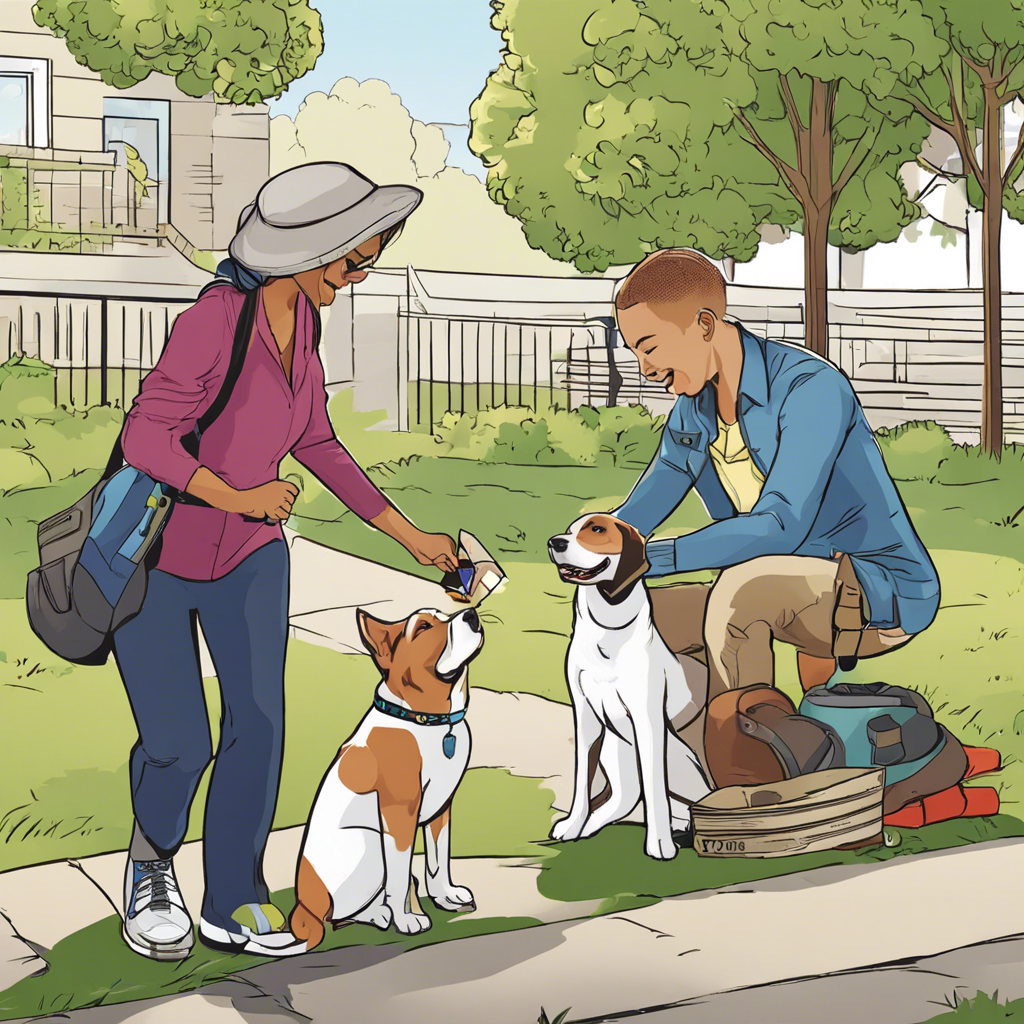Exploring the positive effects of pet ownership on community involvement and social connections.
Pet ownership is not just a personal experience; it has the potential to significantly impact our communities. The presence of animals in our lives can foster a sense of community engagement and enhance social connections in various ways. This article delves into the transformative effects of pet ownership, highlighting how it encourages community participation and strengthens the fabric of our neighborhoods.
Pet Ownership as a Bridge to Community Connection
The power of pets to bring people together is well-documented. Research has shown that owning a pet can serve as a catalyst for increased social interaction and community engagement. Starting with the socialization of pets in parks or community events, pet owners often find themselves engaging in conversations and forming connections with fellow pet enthusiasts. This simple act can lead to a sense of belonging and foster a stronger sense of community.
Social Benefits of Pet Ownership
The social impact of pet ownership extends beyond casual conversations in the park. It often leads to the formation of deeper relationships and the creation of support networks. Pets act as social lubricants, facilitating interactions between owners and creating opportunities for social support and companionship. This is particularly beneficial for individuals who might struggle with social situations or those who feel isolated.
Community Building through Pet-Centric Activities
Pet-related activities provide a platform for community building. Events like dog shows, pet adoption drives, or even community pet-sitting groups can bring people together, fostering a sense of camaraderie and shared interest. These gatherings can lead to the creation of lasting friendships and a stronger sense of neighborhood unity.
Impact on Physical and Mental Well-being
Beyond the social benefits, pet ownership can also have a profound impact on physical and mental health, which indirectly contributes to community engagement. Regular walks with pets encourage physical activity, improving overall health and potentially reducing strain on local healthcare resources. Moreover, the presence of pets can alleviate stress, anxiety, and depression, promoting better mental health and a more positive outlook on life.
Community Initiatives and Pet Ownership
Communities are recognizing the power of pets in fostering social cohesion and are incorporating pet-friendly initiatives in their neighborhood development plans. For instance:
- Pet-friendly community gardens
- Dog-walking clubs
- Neighborhood ‘pet days’ or events
Frequently Asked Questions
How do pets contribute to community engagement?
Pets act as social catalysts, encouraging interactions between owners and fostering a sense of community. Pet-related activities and events bring people together, leading to the formation of friendships and support networks.
Can pet ownership benefit physical and mental health?
Yes, pet ownership can improve physical health through increased exercise and mental health by providing emotional support and reducing stress.
What are some community initiatives focused on pet ownership?
Communities are creating pet-friendly spaces, organizing pet-centric events, and forming pet-sitting co-ops to encourage social interaction and neighborhood bonding.
Conclusion: A Pawsitive Impact on Communities
Pet ownership is a powerful tool for community engagement, offering a myriad of social, physical, and mental health benefits. By embracing the role of pets in our lives and communities, we can foster a sense of belonging, enhance social connections, and ultimately create stronger, more cohesive neighborhoods. So, the next time you take your pet for a walk or attend a pet-centric event, remember the far-reaching impact it can have on your community.
